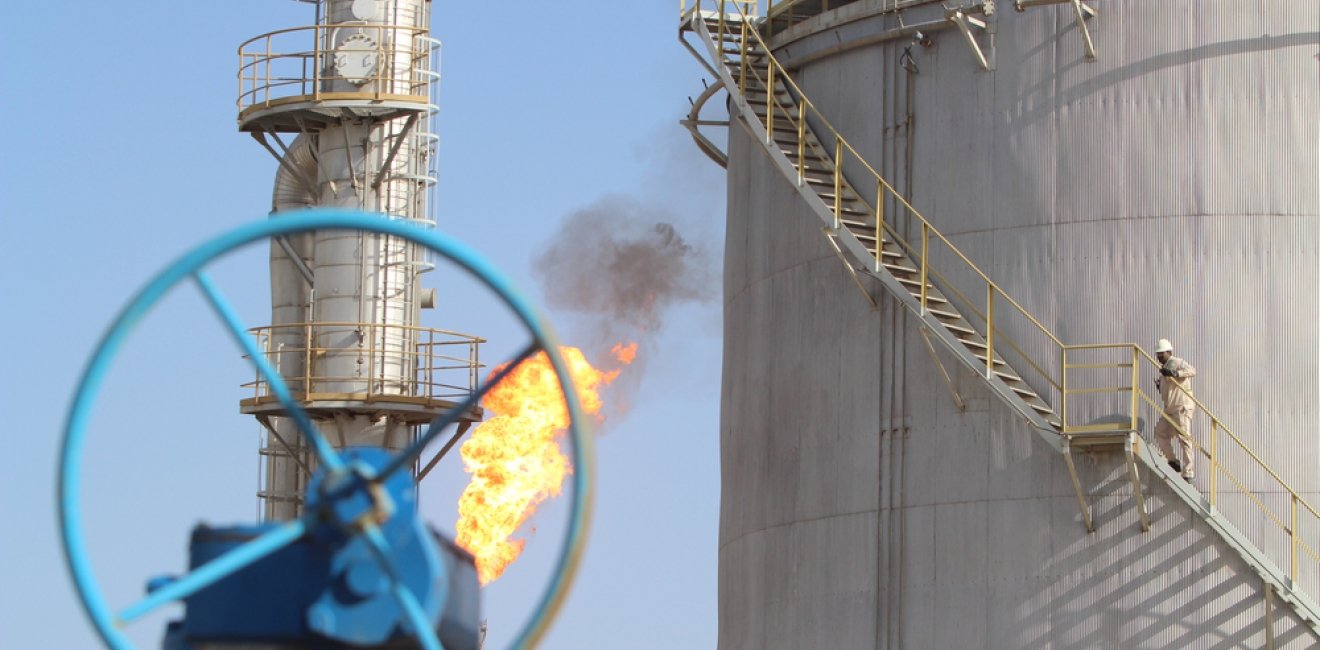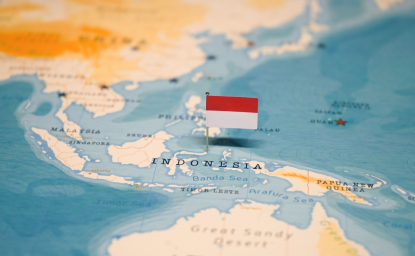The legacy of the US occupation of Iraq and its investment in rebuilding the country has been eroding. The United States can no longer compete with Iran for influence, and it will soon have to withdraw its remaining forces. Democracy has been whittled down to an election-based system where sectarian parties try to outmaneuver each other with little respect for basic principles or the voters’ preferences.
Most of the competition is among Shia parties, with Sunni representation dwindling. And Kurds, who in theory still have their semiautonomous region, have seen the autonomy of their federal region curbed to the limit of non-existence.
The rise and fall of federalism
The introduction of the federal system in 2005 was a significant landmark. Iraq, like the entire Arab world, suffers from excessive centralization and concentration of power. The 2005 Iraqi federal constitution seemed to point to a different way, but federalism has now been eliminated, de facto although not yet de jure.
The United States was ambivalent about introducing federalism in Iraq. In general, Washington fears that in countries where minorities aspire to have a country of their own, the adoption of federalism can encourage demands for independence. In fact, this happened in Kurdistan, where in September 2017, the Kurdistan Regional Government (KRG) organized a referendum on independence, which received the approval of 92.73% of the population but was rejected by the central government of Iraq, the United States, Turkey, and most members of the international community.
However, in 2005, when the United States was designing a post-Saddam political system and orchestrating the writing of the constitution, federalism appeared to be the only solution: Kurdistan was already a de facto autonomous region, thanks to the protection afforded by the no-fly zone imposed by the United States after the 1991 Gulf War. But for most people involved in the decision, federalism was less a willing choice than an unavoidable compromise. The United States was not enthusiastic, Sunnis and Shias were aghast, and only the Kurds really rejoiced.
Oil disputes and autonomy
Because the United States was in a hurry to complete the formal transition to Iraq’s self-government after the occupation, the constitution was written and approved in a very short time without trying to build consensus. Crucial details were not addressed, with controversial issues kicked down the road or left deliberately ambiguous.
Without control of the hydrocarbon revenue, Kurdistan’s autonomy is meaningless because the region has no other source of income (Kurdistan, like the rest of Iraq, depends on oil for 90 percent of its revenue).
In particular, the borders of the autonomous region were not completely delineated, leaving the fate of the oil-rich Kirkuk area in limbo, and the constitution did not clearly specify who would control the revenue from the oil and gas fields in Kurdistan. Without control of the hydrocarbon revenue, Kurdistan’s autonomy is meaningless because the region has no other source of income (Kurdistan, like the rest of Iraq, depends on oil for 90 percent of its revenue).
As soon as the new federal constitution was approved, old and new international oil companies flocked to Kurdistan, which offered favorable terms for exploration and extraction. The KRG reinvested the revenue to improve the country’s infrastructure and in particular to build a pipeline connecting the Kurdish oil fields to a preexisting Turkish pipeline going to the port of Ceyhan. This made it possible for Kurdistan to export oil without transiting through Iraq. By mid-2015, Kurdistan was exporting directly to the world market.
But Kurdistan’s seemingly successful hydrocarbon policy rested on shaky legal foundations. The constitution, as pointed out, was ambiguous on the issue of the respective role of the central and regional government, and international law firms hired by the two sides issued contradictory interpretations supporting their respective client’s claims. To make matters worse, Iraq failed to enact a law on hydrocarbons, while Kurdistan went ahead and enacted its own. Nevertheless, profits for international oil companies operating in Kurdistan were good enough for them to put up with the uncertainty. Shipments of Kurdish oil from Ceyhan often could not be delivered as planned and ended up sold at a discount to countries willing to take them, including Israel.
Repeated negotiations between Baghdad and Erbil, seeking a compromise solution allowing the KRG to export some oil directly but also to sell the rest through the Iraq State Oil Marketing Organization (SOMO), failed to settle the issue once and for all.
Supreme Court intervention
Then, in February 2022, the Iraqi Supreme Constitutional Court intervened decisively, declaring Kurdistan’s hydrocarbon law unconstitutional and invalidating all oil contracts signed by Erbil.
The Iraqi government also opened a case at the Court of Arbitration of the International Chamber of Commerce, accusing Turkey of violating a 1973 agreement by allowing the export of oil from Kurdistan without the approval of the Iraqi government. The Court of Arbitration ruled in favor of Iraq, imposing a hefty fine on Turkey, which it refused to pay. Oil exports from Kurdistan were stopped completely on March 25, 2022, and had not resumed at the time of this writing, despite ongoing negotiations between Iraq and Turkey.
Both Iraq and Kurdistan have suffered. Iraq cannot export oil from Kurdistan, which amounted to 434 barrels per day in 2022. Oil companies are caught in the middle, with delayed payments and an uncertain outlook. Many have declared that they are now ready to reach a deal with SOMO in order to start selling again, despite earlier opposition.
It only seems a matter of time before the Iraqi experiment with federalism comes to an end and, with it, one more legacy of the US occupation.
Most importantly, Kurdistan has lost its financial autonomy, with its revenue limited to the transfers from the central government to which all regions and governorates are entitled. There is still a difference between the status of the Kurdistan region and that of other governorates. In Kurdistan, the regional government is still in charge of its own budget, while elsewhere, all money is allocated through the ministries in Baghdad, but KRG’s margin of autonomy has been severely reduced. It only seems a matter of time before the Iraqi experiment with federalism comes to an end and, with it, one more legacy of the US occupation.
The views represented in this piece are those of the author and do not express the official position of the Wilson Center.






